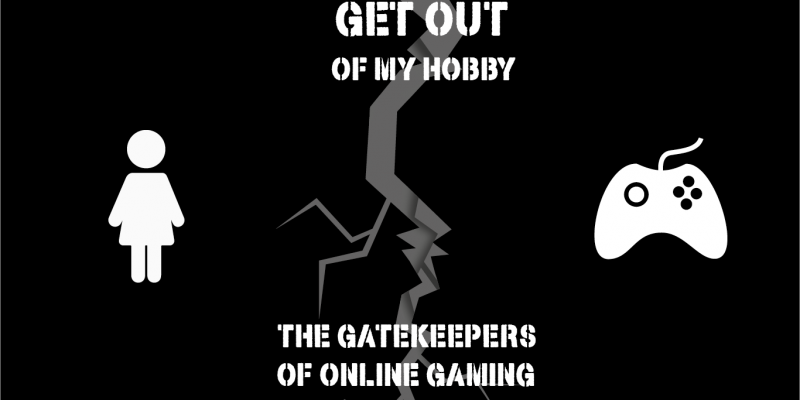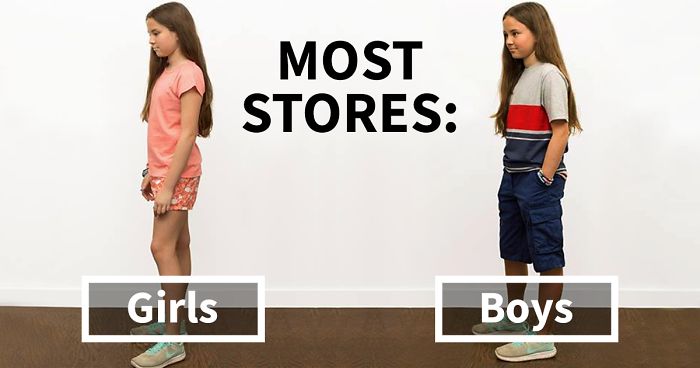Helly Shah’s Spoken Word poem, “What Society Says to Men” conveys a feminist outlook on the ways that men have been conditioned and wrongfully stereotyped by culture for generation after generation. Being a feminist does not entail believing that one gender is superior to the other, but rather fighting for every gender to have equal rights and opportunities. Shah displays this poignantly, and even opens her poem by saying that while she “always felt like men were born with sense of entitlement to this world” (0:36), she learned that just as women are weighed down by the chackles of prejudice, misogyny, bigotry, patriarchy, Chauvinism, and “ten other jargons” (0:30), men are chackled with emotional suppression, societal ignorance, toxic masculinity, and cultural pressures that stem from problematic gender roles and damaging stereotypes.
Shah recites the five things that society sermonizes to men from the day they are born to the day that they die. These five issues that society says to men who try to grow up are:
1. MEN DON’T CRY
a. Because women possess monopoly over tears, not men
b. Because society stresses that emotion is just a cover up for weakness, and men ‘aren’t supposed to be vulnerable’
c. Shah states, “When Kevin failed the 5th grade, he didn’t cry. When Kevin’s mother left him, he didn’t cry. When Kevin’s girlfriend died, he didn’t cry. When Kevin committed suicide, he wondered who would cry.” (1:00)
d. These stereotypes of masculinity harm boys from an incredibly young age, and make them learn the mental effects of having to prove one’s masculinity while suppressing their emotions to show no signs of ‘weakness’
2. ALL MEN ARE DOGS
a. Society paints men to be preying animals, looking for their next woman to lie, cheat, rape, harass, or betray (1:15)
b. Because all it takes is the action of one bad individual to define an entire gender
c. “The loyalty, faithfulness, and everything wonderful that is a man’s best friend is shoved under the carpet because that one dog couldn’t stop humping” (1:27)
3. BE A MAN
a. Men are pressured and told to ‘be a man’ by the father that left him, by the uncle that preys on underage girls
b. If this is the standard that we are showcasing to boys and young men, how does our culture expect them to grow up when it is already so arduous to be a teenager in the first place?
4. REAL MEN FINISH LAST
a. Masculinity is a word, humanity is another (2:15)
b. Toxic masculinity and societal pressure teach men that you will never get any pleasure in life unless you are an asshole and treat women like trash
5. MEN WILL BE MEN
a. “A man should be a man when he sheds his first tear, when he cries his eyes out… when his father comes home drunk and raises his hand… when his daughter brings home a boy… when he is in bed with the woman he loves, cherishes, and appreciates.” (2:34–2:57)
b. Before anything else, a man is a human, too
Shah is standing for humanity and not taking sides or separating genders and agendas. Men can be and are victims, too. They are victims of generational societal norms and gender misconceptions. As a society, we have to unlearn the generations of conditioning, gender roles and the toxic masculinity that is ingrained into society, and instead opt for kindness, empathy, understanding and liberation from the shackles of these norms and expectations that are placed upon men.
Works cited
"What Society Says To Men- Helly Shah." YouTube, uploaded by Helly Shah, 2020, youtu.be/HL6-6zdGDxU .















